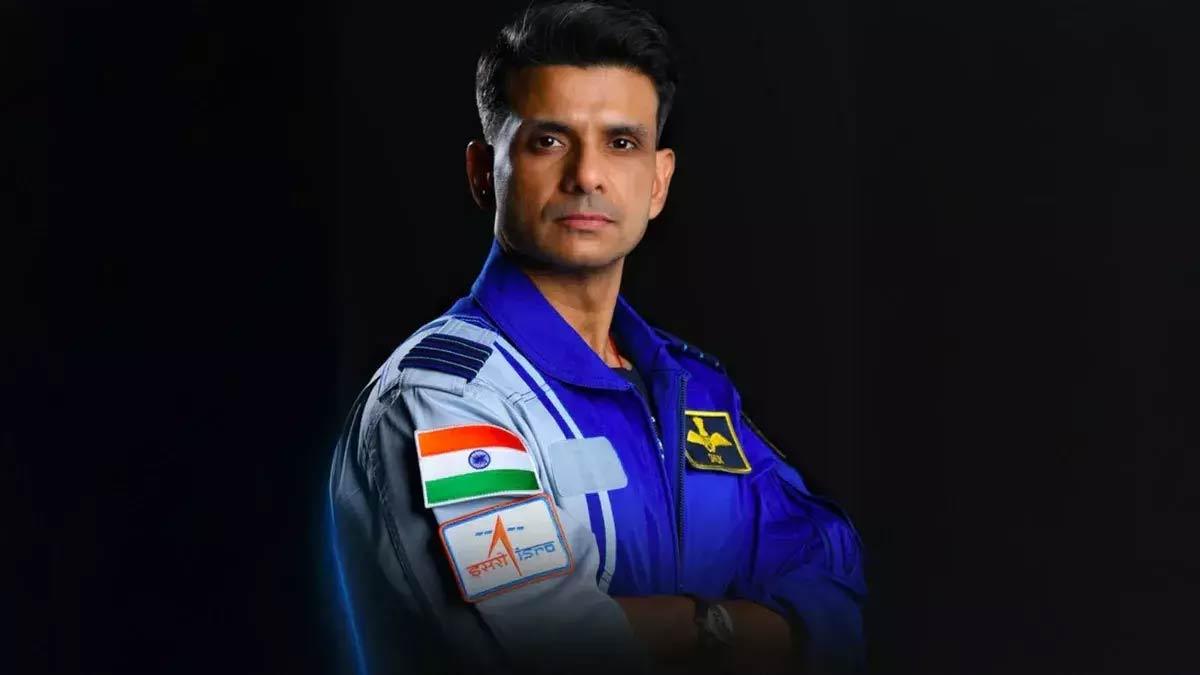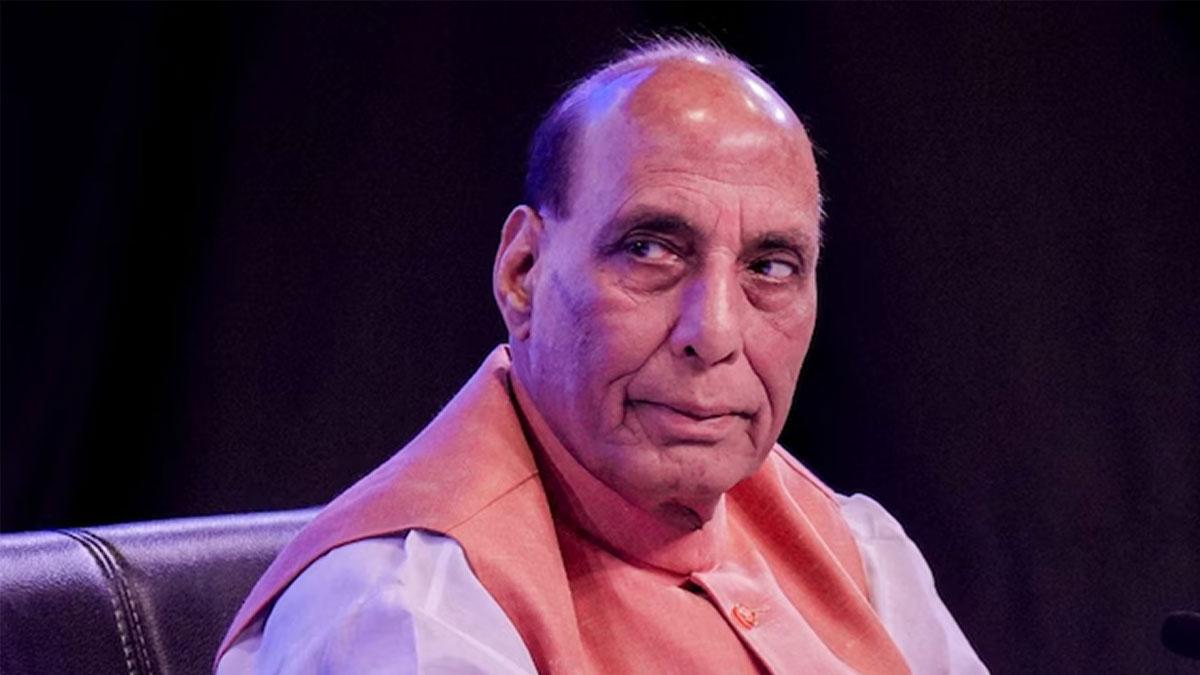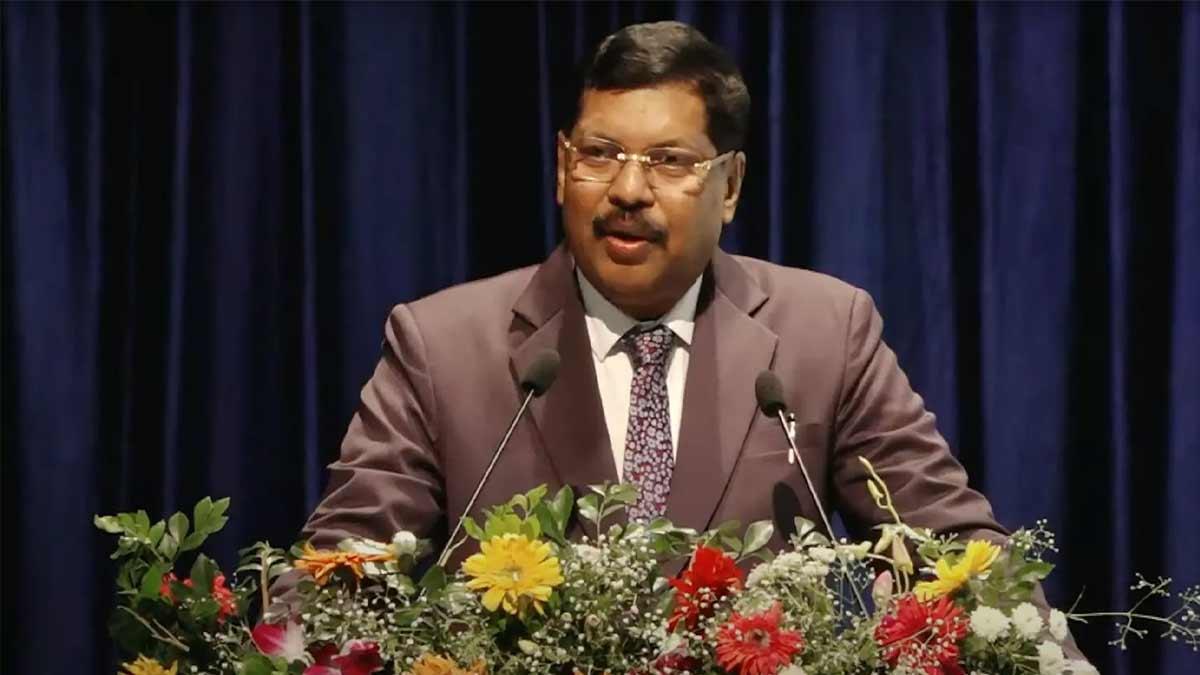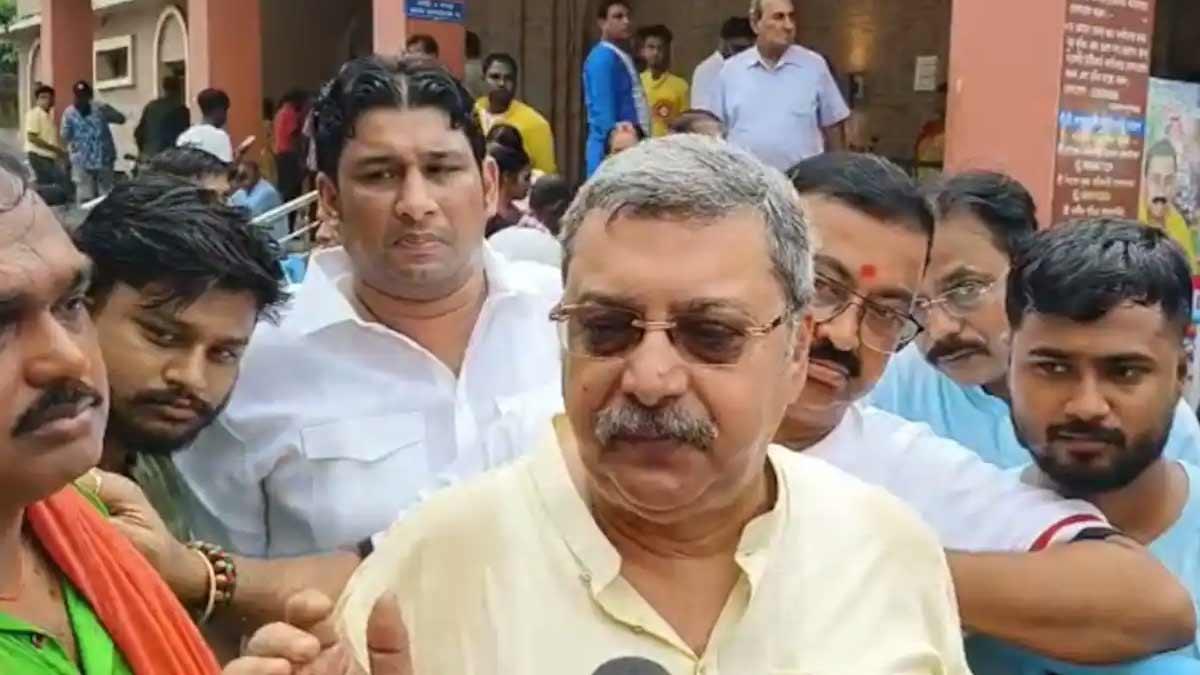The Supreme Court on Friday said the Delhi government should continue with implementing concrete measures to overcome air pollution and also allowed the government to continue with construction work of hospitals.
A Supreme Court bench comprising CJI N.V.Ramana, Justices D.Y. Chandrachud and Surya Kant said: "For the time being in view of particular measures by the government of India and notification dated December 2, we direct the government of India and GNCTD to implement those measures. We'll keep the matter pending and list it (the matter) next Friday."
The Delhi government counsel requested the Supreme Court to grant relaxation in the construction work of government hospitals and the apex court acceded to the demand.
Also Read | No evidence to suggest existing vaccines won't work on Omicron: Govt
The construction activities in Delhi were shut afte the air quality in the national capital deteriorated. However, the construction activity was resumed by the Delhi government on November 22 after slight improvement in the air quality. The Supreme Court reimposed the ban on November 24.
The Delhi government had informed the apex court that it had started to revamp the hospitals and the construction of 7 new hospitals is underway to prepare for the third wave of the coronavirus. The Delhi government said the work is being carried out in 19 government hospitals to provide better health infrastructure in the national capital for the benefit of patients.
Solicitor General Tushar Mehta, representing the Centre, cited various decisions taken by the commission, which include the constitution of an "emergency task force" and "flying squads" to take action against defaulting entities, to combat the menace of air pollution in the capital. The commission has also decided to restrict the operations of industries, which are not using PNG or cleaner fuels, by 8 hours on weekdays and remain closed on weekends.
The Delhi government informed the top court that it has decided to close the physical classes in schools until further order. Senior advocate Ranjit Kumar representing the Uttar Pradesh government, submitted that closing the industries will impact the sugarcane and milk industries. The bench permitted the UP government to raise its grievances before the air quality commission.
Also Read | India's digital public infra solutions can improve lives globally: PM Modi
On Thursday, the Supreme Court put the Centre and the Delhi government on a 24-hour deadline to devise a concrete mechanism to control air pollution in Delhi-NCR. Indicating at setting up a task force, the top court said nothing is really happening on the ground to control pollution and all authorities have failed.


















